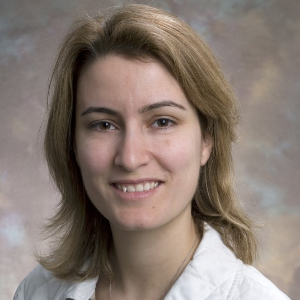Title : Systems vaccinology
Abstract:
Vaccines are among the most transformative public health tools, yet translating findings from animal models to humans poses challenges. Translational immunology bridges basic science and clinical applications, fostering advancements like systems vaccinology. This systems-based approach integrates “omics” technologies—genomics, transcriptomics, proteomics, and metabolomics—to elucidate molecular interactions of vaccines with the immune system. Systems vaccinology identifies immune signatures that predict vaccine efficacy, informing tailored vaccine strategies and addressing variability in responses due to factors such as genetics, microbiota, and health conditions.
Groundbreaking studies have unveiled universal vaccine signatures linked to antibody responses, validated across platforms like live-attenuated and recombinant vaccines. These findings, supported by initiatives like the Human Immunology Project Consortium, emphasize early immune signatures as predictors of vaccine durability. Exploring tissues such as the bone marrow and germinal centers further aids understanding of immune longevity.
Innovations in vaccine delivery, including microneedle patches and intranasal methods, aim to enhance systemic and mucosal immunity. Similarly, adjuvants bolster vaccine efficacy, particularly in vulnerable populations like the elderly. Systems vaccinology enables comparisons across vaccine platforms, guiding pandemic preparedness and next-generation vaccine design.
Notably, microbiota and medications like statins significantly influence vaccine responses. Disruptions, such as antibiotic use, impair immunity, highlighting the interplay of environmental and pharmacologic factors.
Despite its promise, systems vaccinology faces challenges, including complex datasets and operational costs.
This multidisciplinary approach is vital for developing personalized vaccines, ensuring safety and efficacy across diverse populations while addressing emerging infectious threats.



